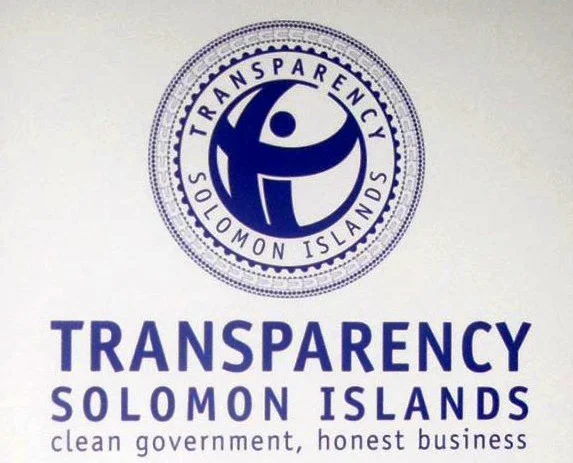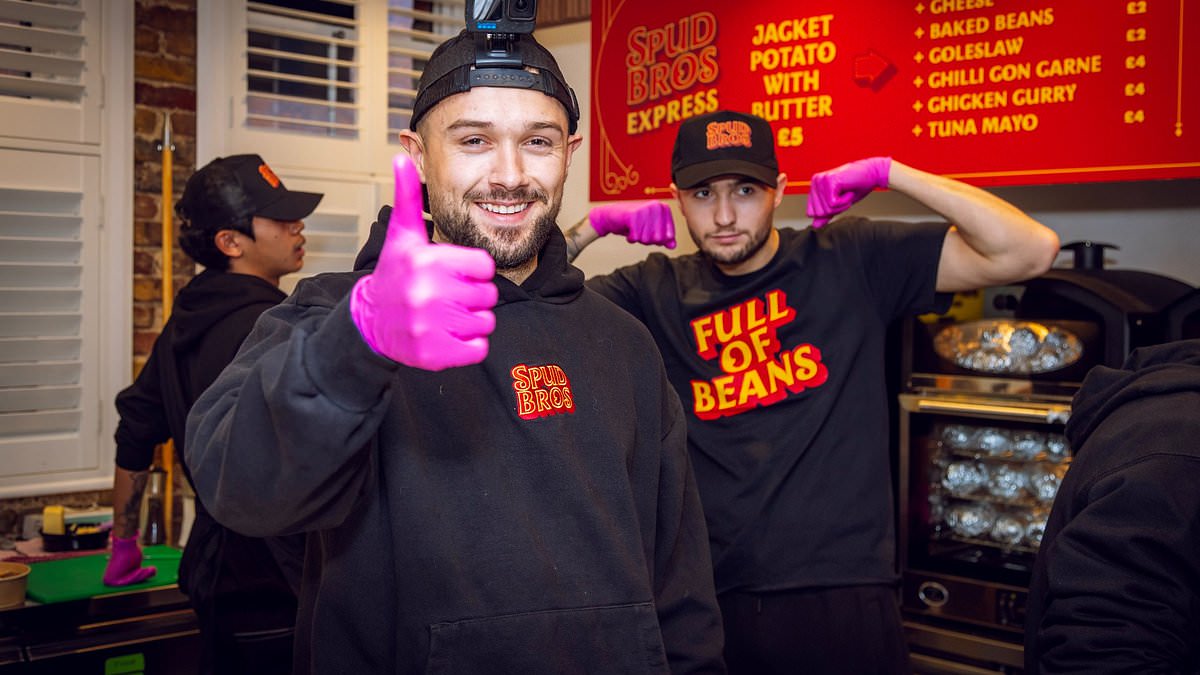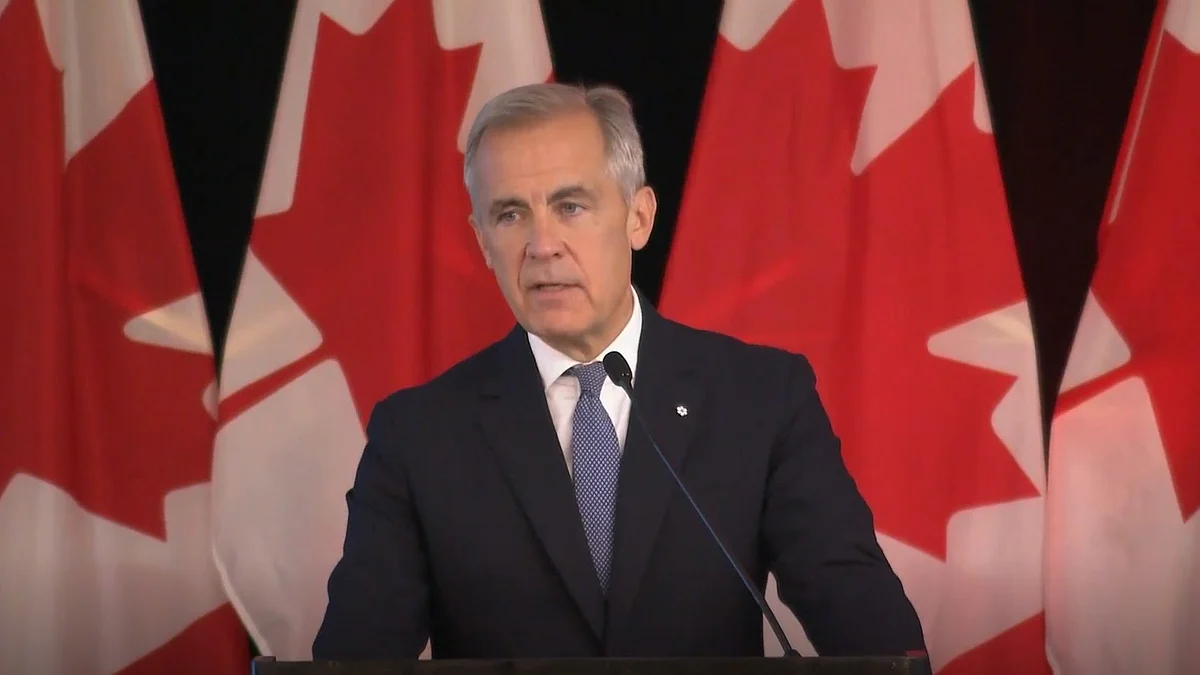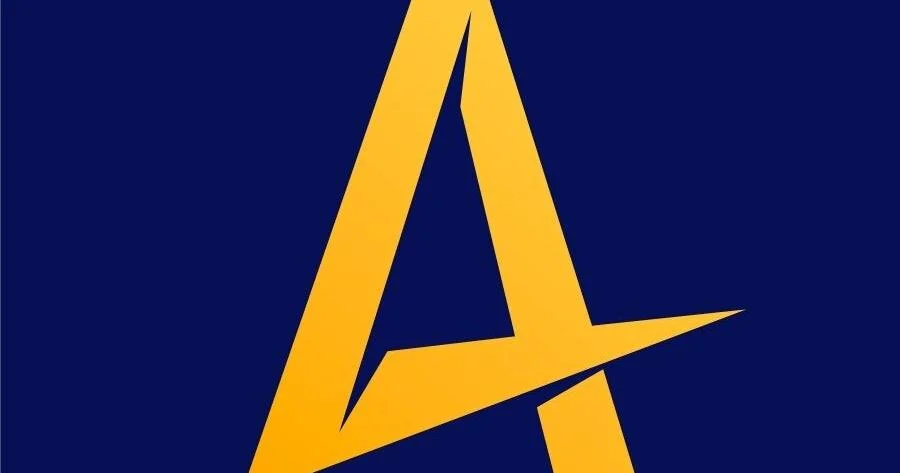Copyright theirishworld

This Halloween, actress Ayvianna Snow told David Hennessy about carving out a niche in the horror genre. The director Sean Cronin has described Ayvianna Snow as ‘fast becoming the British Queen of Horror’. Ayvianna Snow is an actress with over 70 films credits to her These include the award- winning White Colour black, the Irish co- production LOLA and the Irish set St Patrick’s Day Massacre. However this British Queen of Horror is actually Irish. She may be long based in London but she is originally from Derry. Ayvianna has also recently taken on her first producer role in new psychological horror film The Nice Ones, written and directed by Peter Stylianou, which recently wrapped. Joelle Rae (The Witcher) and Emrhys Cooper (Nosferatu) star as a couple whose countryside weekend spirals into terror after strange lights appear in the night sky. The ensemble also features Donna Preston (The Sandman, Fantastic Beasts: The Crimes of Grindelwald), Ian Whyte (Ghostbusters: Frozen Empire) and Daniela Norman (Tiny Pretty Things). Ayvianna is also active in supporting the arts and is the Chair for Equity’s North London Branch. Ahead of Halloween this week The Irish World sat down with Ayvianna to chat about her career in the horror genre. You are very associated with the horror genre but the way I understand it is that that wasn’t really your intention.. “Yeah, I kind of fell into it accidentally. “I did this audition for The Convent which was all about nuns that became possessed by a sort of strange fever and started killing each other. “I did this way back in 2016. “Through that, I got to go to FrightFest and I started meeting other horror actors and one thing kind of leads to another. “Suddenly then I got an audition for someone else’s horror movie, someone else’s horror movie and then before you know it, you’re horror up to your eyeballs, but I love it and I’ve come to have a real respect for the genre. “It’s harder to make a good horror movie than people realise, I think.” Do you think it is a genre that’s underestimated or even dismissed because people don’t understand it or even give it a chance? “I think people think it’s a bit corny and a bit cheesy, and that it’s not proper cinema. “Until recently, you never saw anyone win an award for an acting role for a horror movie. It was not seen as proper acting. “But I think it’s beginning to change. “A24 Films have such high quality and such high production values, The Witch launched Anya Taylor-Joy. “We saw Demi Moore very nearly win an Oscar for The Substance. “I think it’s starting to shift and people are starting to see horror in a new light. “I’m proud that I can be in the vanguard of that because I’ve been saying this for years.” I agree that it is harder than people realise. With horror there are tropes but the real ingenuity comes from playing with them.. “Yeah, sometimes it just becomes about blood and gore and endless shots of young girls scantily clad screaming and then running. “We’ve all seen that shot so many times and it’s boring. “I think when people are starting out with little experience and they want to make horror they sort of think, ‘More blood, more gore’. “And actually that’s not what horror really is. “Horror is psychological. “It’s about creating a sense of unease in the audience, finding visuals that are disturbing, keeping you in a state of tension. “I watched something a few nights ago and afterwards I couldn’t move my shoulders and I realised it was because I’d been holding myself in a tense state for over an hour because the movie had done that to me. “I’m trying to find scripts now where women have agency and they’re fully rounded, cogent characters. “There’s all these things to look at. “You can get a girl, put her in a bikini and just have her scream but, in my mind, I don’t think you’ve made a great movie.” Would you agree that the best horror films leave something the imagination? “I just produced my first film so I’ve gone into producing and I wanted to produce a really good horror that answered all those questions that I’ve just listed. “My character at one point gets possessed by this spirit and you’re never quite sure what the spirit is. Is it an alien? Is it a ghost? “And we talked about it and you never see the spirit at any point in the movie. “We were thinking, ‘Do we get someone in costume? Do we do a CGI thing? How do we do it?’ “And then I realised, ‘No, it’s more powerful to not see it’. “You hear it, you know it’s around but we decided not to reveal. “I decided to let the audience’s minds imagine what it looks like and that is more powerful. “I’m never going to be able to make a guy in a puppet suit that’s going to match people’s imagination. “It’s about learning to manipulate the audience as they watch and to play with their primal fears. That’s a horror movie.” You just said you’re looking for scripts that give females agency. But do you think horror has been or could be, a genre that does give females that that agency? I’m thinking about things like Buffy the Vampire, Jamie Lee Curtis in the Halloween films and Sydney Prescott (Scream). There are those icons in the genre.. “Absolutely, and you’re right. “Horror was probably the first genre that did spotlight women in leading roles before other genres were doing it. “Now everyone’s kind of trying to do it. “But again it’s about making sure that those women when they are in the spotlight that they’re fully rounded characters, multifaceted people. “I’m trying to find scripts that allow women to be people first which is difficult but that’s why I wanted to start my own company, so I could have a bit more power.” A mistake I often see, and maybe it comes from you doing so much work in England, is they miss you’re actually from Northern Ireland.. “This has been like a thing my whole life. “When I first came to London and I was doing auditions, I used to speak with a very strong Northern Irish accent and I was immediately told, ‘Oh change it. Change it. Lose it. You can’t speak in that voice. You’ll never get any work’. “And so my voice sort of anglicised over the years and now I think when most people meet me they don’t realise that I come from Northern Ireland. “Now I often get almost the opposite. “I did an audition for an Irish thing a few weeks ago and they were like, ‘Are you sure you can do an Irish accent?’ “So no matter what I do with my voice, it’s wrong.” I recently watched you in St Patrick’s Day Massacre and I liked the idea of a St Patrick’s Day themed horror.. “I was talking to Steve (Lawson), the director and every big holiday has a film to go along with it. “There’s Halloween, that’s a franchise. “There’s always loads of movies out about Christmas, about Valentine’s Day and we were trying to find a holiday that didn’t have a matching movie. “And I said, ‘Well, look, I’m Irish, and there’s no St Patrick’s Day movie that I can think of so why don’t we do that?’ “And he loved the idea. “That was kind of how it came about. “I love horror. “I’ve done a lot of horror so we were like, ‘Let’s combine the two things’.” When did you come to London from Derry? “I came when I was 17 so I guess I’ve been here quite a long time because I went to drama school in England and then I thought there might be more work here so I kind of settled here. “But nowadays I don’t know if that’s even the case because everyone seems to be filming stuff in Ireland. “So part of me thinks, should I go back?” When did you know you wanted to act? I understand seeing Kenneth Branagh was a key experience.. “Yeah, also we have the feis in Derry. “It’s this cultural centre for kids so you get all the little kids like 7, 8, 9, 10 years old up to maybe 16. “You perform a poem. “You perform what used to be called a drama solo in that you might get a book or a play and then perform an excerpt of it in front of an audience. “It’s really big business in Derry. “People come. “There were hundreds of people in the room watching and at the time, I didn’t think anything of it because I was a child and I just thought every city has a feis. “It’s only since I’ve lived in England and I say ‘the feis’ and people go, ‘What?’ I’ve realized they don’t have that here. “That’s not a thing that they do in this country so whereas I grew up with that as a child in Derry, I didn’t realise what a great resource that is because kids get used to public speaking. “When I came to do Shakespeare at drama school, I was used to doing it. “Some of the other kids had never looked at it before in their lives. “We have a fantastic education system in Northern Ireland and also we have this rich arts scene running through the city and it’s fantastic for kids to have that growing up as if it’s just normal. “Access to the arts was normal for me as a child. “I thought nothing of it. “It was watching people like Branagh, it was having access to an annual feis where I could try out poems and bits of plays. “I used to go to the Millennium Forum and on a Wednesday night, they had like a youth theatre for local kids. “What I’m worried about is I think a lot of those programmes are shutting now. “The government is cutting a lot of the arts funding which used to fund stuff like that for young people so I worry that kids growing up now won’t have that access. “When they come to be 17, 18, 19 and they think about what do I want to do, being in the arts won’t seem accessible to them and they will have no background in it. “It’s getting harder and harder for young people to try to even get into to acting, drama or music. “I was lucky.” You speak about such issues in your work with Equity.. “Yes, that’s quite right. “Equity is the trade union for performing arts professionals. “I will also say there’s no drama school in Northern Ireland. “In the whole of Northern Ireland, there’s no accredited drama school which means for kids like me that were 17, one of the big barriers was that I had to travel across the sea in order to get a place in a school. “I think that’s also a big barrier because it’s financially quite prohibitive. “The schools charge you a fee to audition already. “Then, as a Northern Irish student, you’re paying for sometimes a ferry or a plane, maybe even a hotel room if it’s an early start. “Most of the schools, if you do a good opening audition, will call you to a recall audition so you’re doing a minimum of two auditions per school so that’s two trips you’re financing. “I auditioned at about 10 schools the year I did it. It’s quite full on so that’s 20 trips. “That’s quite a big barrier for young people. “If you don’t live on the mainland, close to London or close to Manchester or something, then that’s a big barrier so I keep kind of campaigning. “We lobby the government but times are tough. “I think we’re in an economic downturn. “There doesn’t seem to be the spare money around that there used to be for bursaries and things. “I don’t want the arts to become just the preserve of a very specific class of English, quite wealthy private school people. “That’s what it’s going to end up as because those are the only people that will be able to afford to do it.” White Colour Black, which came early in your career, saw you in a film that screened at the BFI London Film Festival and nominated for British Independent Film Awards. When did you know you had something special with that? “I think it was when I went to the first screening, the cast and crew screening, because the film was so beautifully shot and the visuals are stunning. “Joseph (A Adesunloye) had a real artistry with how he used the camera. “And the performances were fantastic. “And also I saw the reaction of other people in the room, people were so taken aback with how good it was because it’s hard (to know) when you’re filming. “I kind of stumble sometimes into a little lucky break every now and then. “But that was a fantastic movie. “I was very proud to be in that.” Last year you had not one but two films at FrightFest as both Derelict and Bogeyville were screening, what was that experience like? “I had a lovely time. “I’ve always loved FrightFest. “I started going in 2016 to FrightFest so I kind of have a history with it. “Last year there was a bit of a scheduling nightmare because both of my movies were on the same day and not only that but more or less the same time. “I didn’t realise this until I turned up because I thought, ‘Oh, it’s alright. They’re in the same cinema. It’s fine. I can dash between the rooms’. “Oh no, I had to run across Leicester Square still in my dress to go and do the second screening. “It was a just a blur.” As you said you are producing now. Is that going to be something you do more of in the future? “Yeah, I hope so. “I think acting you’re very much at the mercy of everyone else’s whims. “I remember going to parties, networking events when I was 22, 23 and you’re just, ‘I hope someone likes me’. “You’re hoping they’ll cast you so you’ve got to be almost moulding yourself into whatever girl they want that week and it’s hard. “You lose your sense of self. “I’m hoping that this will give me just more control over the process, a bit more power. “I think women need to find their own power and their own voice in the industry so we’re not just waiting for men to pick us really. “And explore the concepts I want to explore through my lens. “I feel like I’m done being the little girl wanting to be picked and now I’m on to the next phase.” Women need to take control if their stories are to be told.. “I’m putting together a project now exploring the trad wife thing that seems to be taking over the US which I find very, very fascinating because I see it as a regression of women’s rights. “What are the societal forces? Why would you vote for your own oppression? “I want to use my art to explore these concepts that are really having a very serious effect on women’s lives today. “Very serious.” What is next for you? What can you look out for you in? “I’ve just done Darren King’s movie Papa about a man whose daughter is kidnapped and he has to go and get her back. “That was set in East London and the underworld and drugs. “I play a girl who’s running a brothel in East London. “That was really, really good and it was fun but also it’s exploring serious issues about how women find themselves in those positions. “I was keen to make sure that she seemed human. “I don’t want to be judgmental of any character that I play and just because she’s working in that job, it doesn’t mean she’s not a nice girl. “It doesn’t mean she’s not a good person. “It’s just that’s her life, circumstances went in that way. “I didn’t want to play a stereotype. “That’s a really cool upcoming movie. “I’m about to shoot Fairy Dust with the same team that made Rumpelstiltskin which won the National Film Award a few months ago. “I’m playing the mother of all the ghosts which I’m quite looking forward to. “It will look stunning.” For more information about Ayvianna Snow, follow her here.



